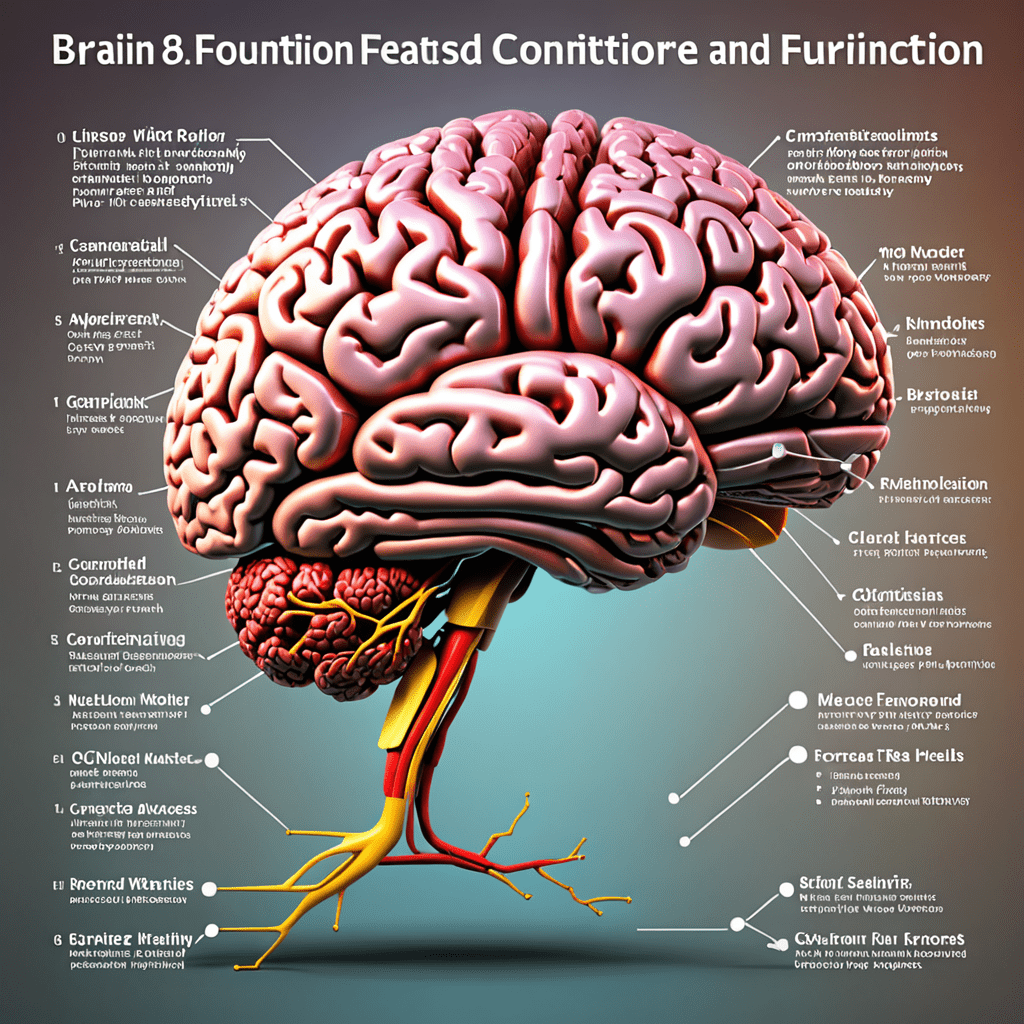Vegan Diet: Boosting Immune Resilience
Introduction
Embracing a vegan lifestyle offers a myriad of health benefits, including a robust immune system. Vegans abstain from all animal products, including meat, dairy, and eggs, relying solely on plant-based sources for nourishment. This dietary choice provides a unique combination of nutrients that can significantly enhance the body’s ability to ward off infections and maintain overall health.
The immune system is a complex network of cells, tissues, and organs that work together to protect the body from foreign invaders such as bacteria, viruses, and parasites. A well-functioning immune system effectively recognizes and eliminates these pathogens, preventing illness and ensuring optimal well-being.
Plant-Based Protein and Immune Function
Protein is a crucial macronutrient for immune function, as it serves as the building block for antibodies, the specialized proteins that neutralize pathogens. Unlike animal-based proteins, plant-based proteins are often incomplete, meaning they lack certain essential amino acids. However, by combining various plant-based protein sources, vegans can ensure they consume all the necessary amino acids for optimal immune health. Some excellent plant-based protein sources include legumes (beans, lentils, chickpeas), tofu, tempeh, nuts, and seeds.
Essential Vitamins and the Vegan Diet
Vitamins A, C, D, and B12 are vital for a healthy immune system. Vitamin A supports the production of white blood cells, the frontline defenders against infection. Vitamin C is a potent antioxidant that helps protect immune cells from damage. Vitamin D plays a crucial role in regulating the immune response, while vitamin B12 is essential for the production of red blood cells. Vegans should pay particular attention to ensuring adequate intake of these vitamins through dietary sources or supplementation.
6. Whole Grains and Immune Support
Whole grains, such as brown rice, quinoa, and oatmeal, are rich sources of complex carbohydrates that provide sustained energy for immune cells. They also contain fiber, which supports a healthy gut microbiome, contributing to overall immune resilience.
7. Phytochemicals and Their Immune-Boosting Effects
Phytochemicals are natural compounds found exclusively in plant foods that have various health-promoting properties. Some phytochemicals, such as curcumin in turmeric, possess strong antioxidant and anti-inflammatory effects that enhance immune function. Cruciferous vegetables like broccoli and kale contain sulforaphane, which has been shown to boost the immune response.
8. Gut Microbiome and the Vegan Diet
The gut microbiome refers to the trillions of microorganisms residing in the gastrointestinal tract. These bacteria play a crucial role in immune health by regulating inflammation and stimulating immune responses. A vegan diet is rich in fiber and fermented foods, which promote a diverse and healthy gut microbiome, supporting optimal immune function.
9. Hydration and Immune Function
Adequate hydration is essential for overall health, including immune function. Water helps transport immune cells and nutrients throughout the body and aids in regulating body temperature, which is important for immune responses. Dehydration can impair immune cell activity and increase susceptibility to infections.
10. Conclusion
A vegan diet provides a unique combination of nutrients that can significantly boost immune resilience. By consuming adequate protein, vitamins, minerals, and antioxidants, vegans can support the production of antibodies, enhance immune cell activity, and strengthen the gut microbiome. Furthermore, hydration plays a vital role in maintaining a healthy immune system. Embracing a vegan lifestyle is a conscious choice that prioritizes overall health and well-being, providing a strong foundation for a robust immune defense.
FAQ
Q: Is a vegan diet sufficient to meet all my nutritional needs?
A: A well-planned vegan diet can provide all the essential nutrients required for optimal health. It is important to pay attention to sources of protein, vitamin B12, and iron to ensure adequate intake.
Q: Can a vegan diet help me lose weight?
A: A vegan diet can be beneficial for weight loss if it emphasizes whole, unprocessed plant foods. However, it is important to note that not all vegan foods are low in calories or fat, so mindful eating is still essential.
Q: Is a vegan diet suitable for everyone?
A: While a vegan diet can be healthy for many people, it may not be appropriate for everyone. Individuals with certain medical conditions or allergies should consult with a healthcare professional before making significant dietary changes.


